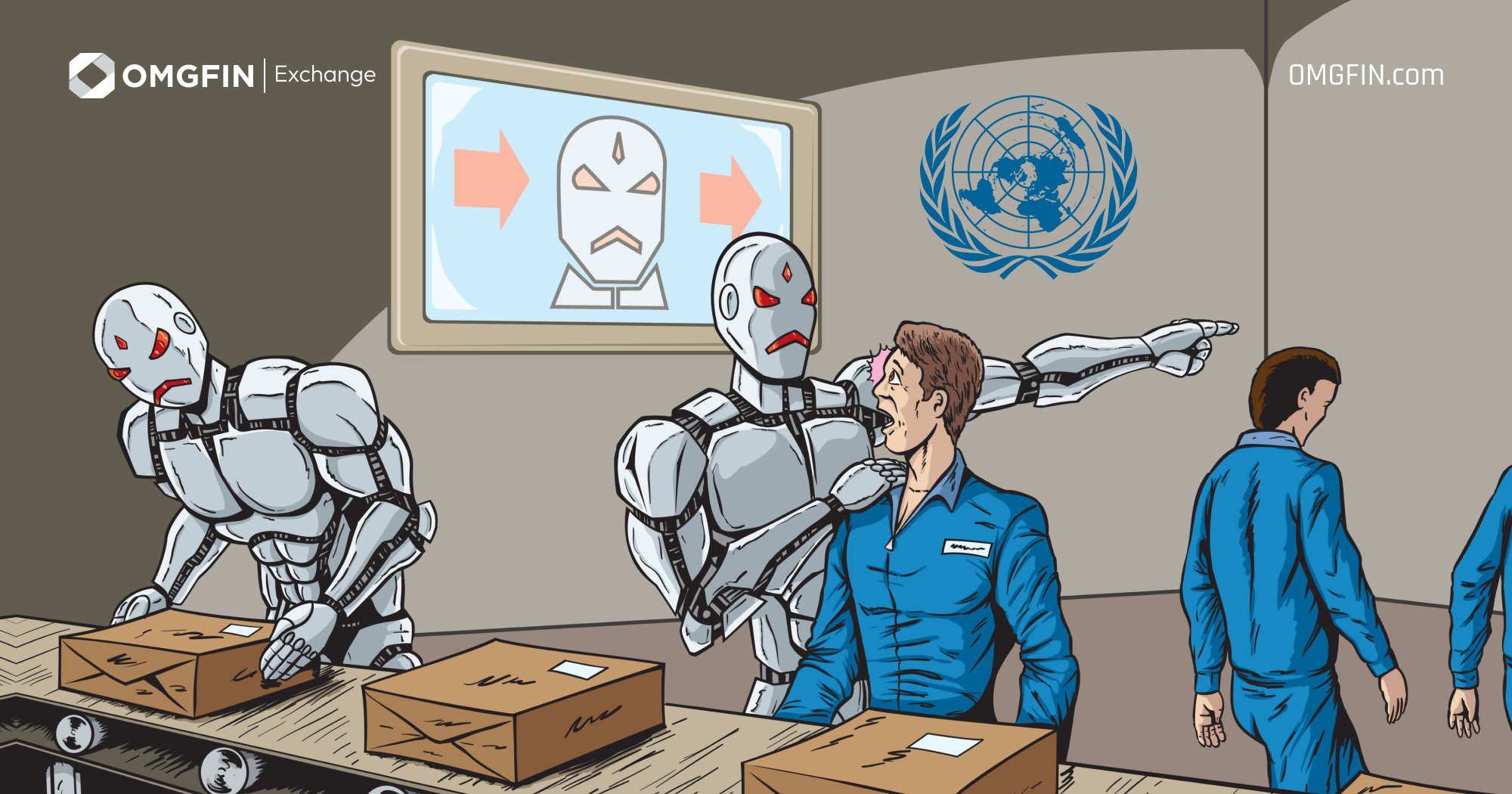AI unlikely to destroy jobs, but cost to certain workers may be ‘brutal’ — UN study
Print
Modified on: Tue, 22 Aug, 2023 at 1:33 AM
The Global Work Association weighs in on the impact of artificial intelligence on jobs, asserting that AI is more likely to augment roles than replace them. However, certain professions, notably administrative positions, face higher risks of task automation. The study reveals that 24% of administrative tasks are highly susceptible to automation, with an additional 58% having medium-level exposure.

Roles such as typists, travel advisors, bank employees, contact center assistants, accounting and data entry agents, hotel receptionists, and secretaries are particularly vulnerable to automation, potentially affecting female workers more due to their higher representation in administrative positions.
This, as per the ILO, could suggest that ladies could be more in danger, given their higher portrayal in authoritative jobs.
“3.7 percent of all female employment in the world is in jobs that are potentially automatable with generative AI technology, compared with only 1.4 percent of male employment.”
The report also underscores that high-income countries (5.5%) will experience a more significant impact from automated AI work compared to low-income nations (0.4%).
The study primarily focuses on generative AI, examining the effects of applications like OpenAI's ChatGPT and Google's Troubadour. Customer support and coordination-related tasks, as well as data management, language services, and inquiry response, are identified as having high automation potential.
The cryptocurrency industry's recent crypto winter led to the reduction of customer support roles at major platforms, yet the overall impact of AI on the workforce remains uncertain. The report emphasizes that AI's impact will largely hinge on proper management and regulation of AI models.
Despite concerns, the report suggests that AI's overall effect on the workforce is not definitively positive or negative. However, without proper strategies in place, the benefits of AI progress might be unevenly distributed, disproportionately affecting certain workers.
Interestingly, the International Labour Organization's findings are more optimistic than a recent survey of ordinary Americans, with 62% of respondents believing that AI will significantly impact the workplace in the next two decades, leading to widespread apprehension about the future of work.
(BRAYDEN LINDREA, CoinTelegraph, 2023)
Did you find it helpful?
Yes
No
Send feedback Sorry we couldn't be helpful. Help us improve this article with your feedback.

